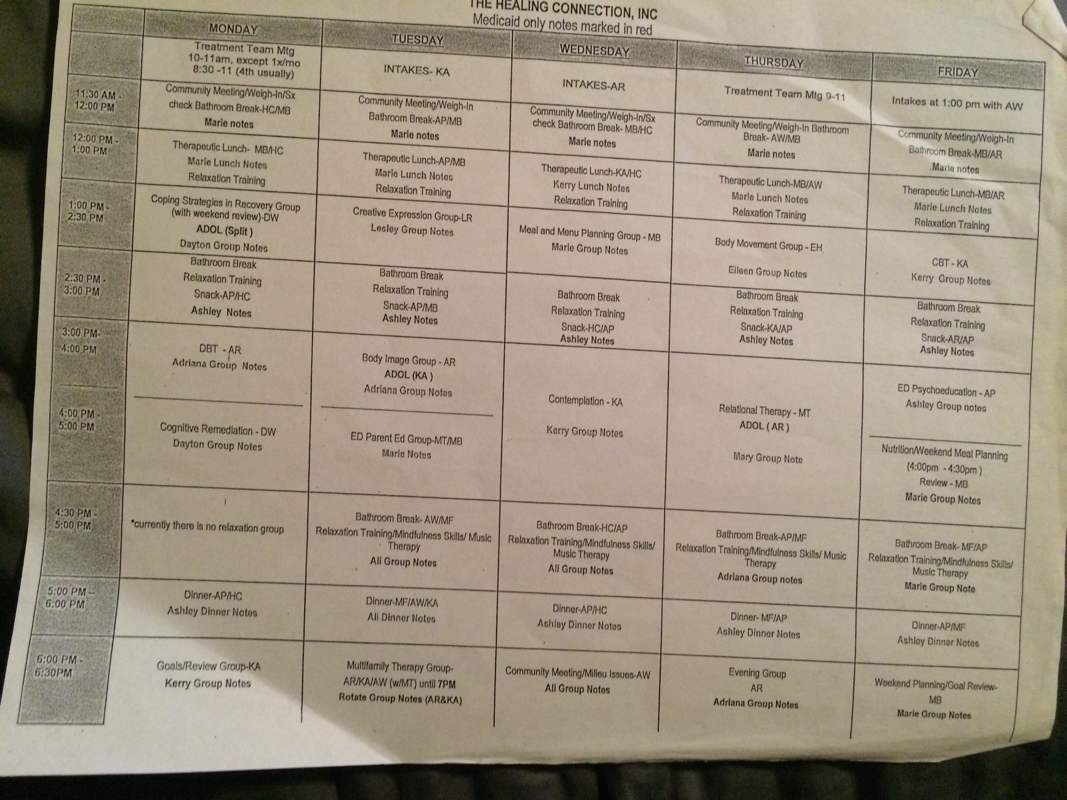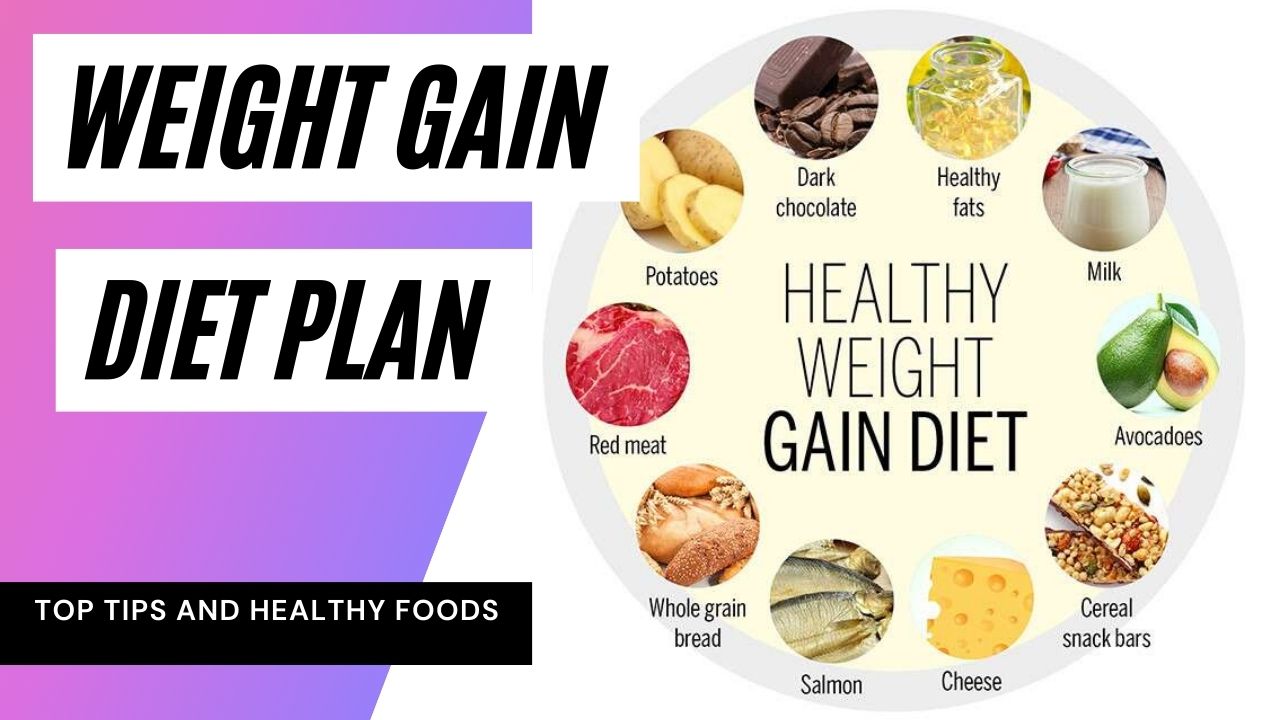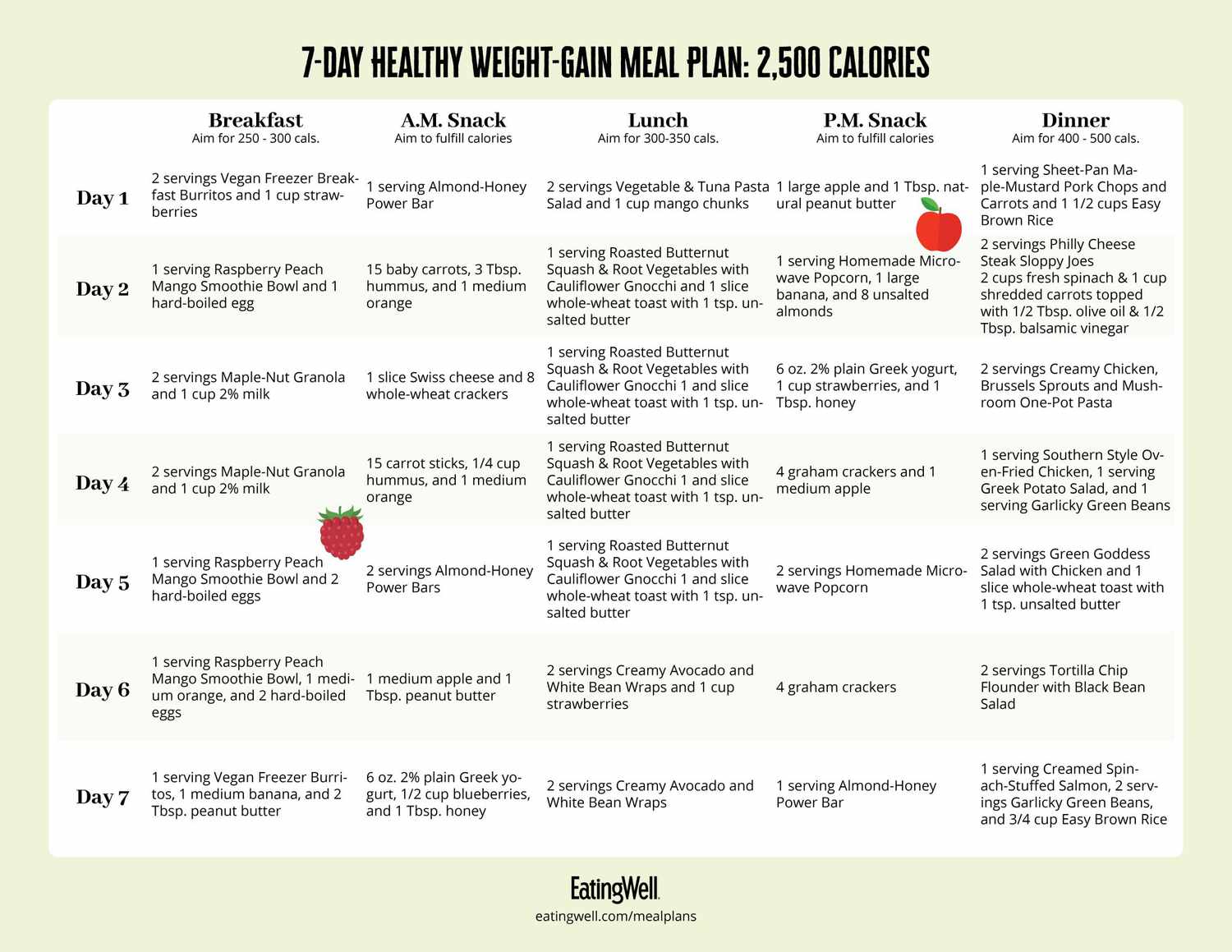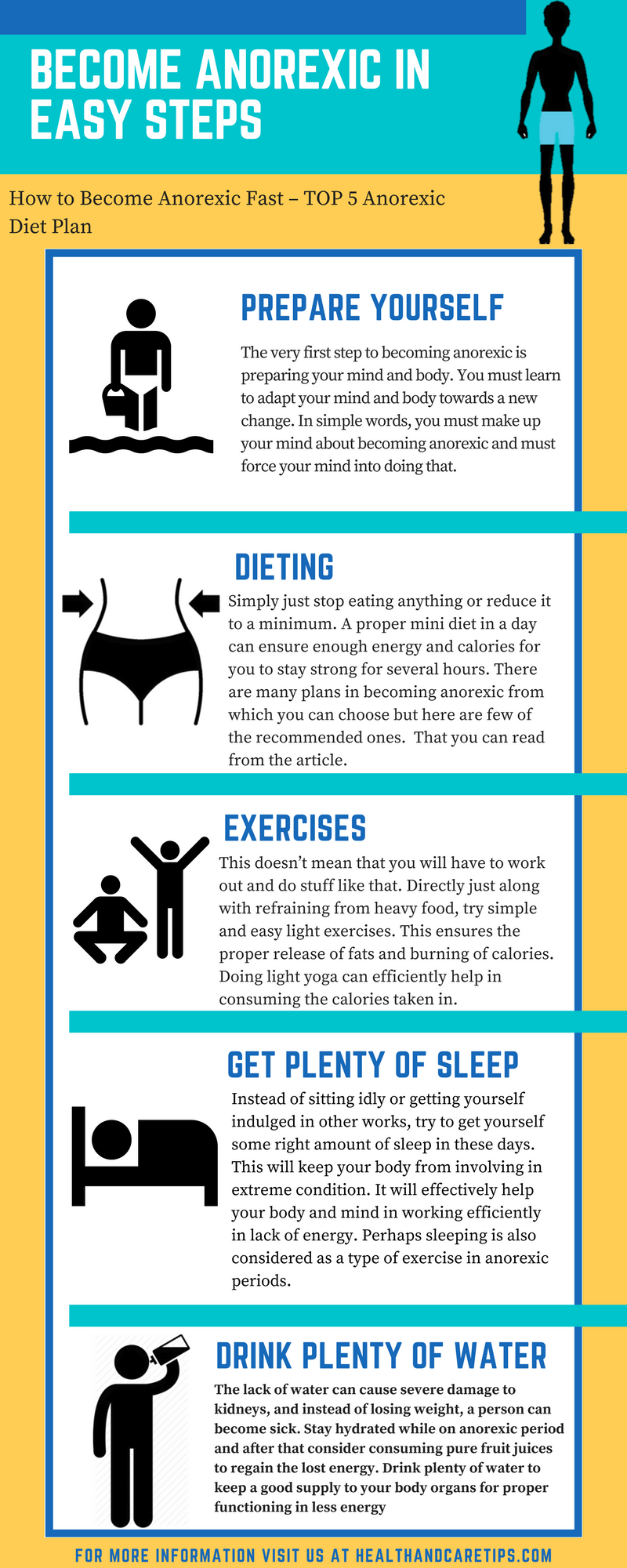Anorexic Diet Plan To Gain Weight Anorexia is a serious disorder that affects millions of people and once you re on the road to recovery one of the most difficult obstacles is gaining weight In order to recover you must learn to alter your relationship with food and eating and recognize which food options are best for your overall nutrition
This might follow an ED such as anorexia nervosa bulimia nervosa or binge eating disorder BED Specialist eating disorder dietitian Lisa Waldron explains that there s evidence showing low weight can have a range of effects on physical and mental health such as Low mood Increased anxiety FUEL NEEDS FOR WEIGHT RESTORATION Initially an underweight malnourished person will have lower than expected food needs and will restore weight and health by building up to an intake of 1500 2000kcal 6 8 MJ daily Aiming for an approx weight gain rate of 500g week
Anorexic Diet Plan To Gain Weight

Anorexic Diet Plan To Gain Weight
https://i2.wp.com/www.addictionary.org/g/009-amazing-anorexia-recovery-meal-plan-examples-pdf-highest-quality-868_868.jpg

The Anorexic Diet Plan DIETVB
https://i2.wp.com/allyogapositions.com/wp-content/uploads/2018/03/anorexic-diet-plan-for-weight-loss-1.png

The Importance Of An Anorexia Recovery Meal Plan Rebecca Bitzer Associates
https://rbitzer.com/wp-content/uploads/Blog-Graphics-800-×-1200-px.jpg
1 Create a Balanced Diet Plan Working with a registered nutritionist or dietitian is crucial for formulating a balanced diet plan that meets individual nutritional needs and creates a foundation for healthy weight gain The plan should include nutrient dense foods such as whole grains lean proteins fruits vegetables and healthy fats Now a new study of Johns Hopkins patients hospitalized with anorexia offers good evidence that rapid weight gain during inpatient treatment is safe and effective and can restore weight to the majority of patients over a relatively brief hospital stay
In working to achieve target weights the treatment plan should also establish expected rates of controlled weight gain Clinical consensus suggests that realistic targets are 2 3 pounds lb week for hospitalized patients and 0 5 1 lb week for individuals in outpatient programs Meal planning is a crucial skill for people recovering from eating disorders including anorexia nervosa bulimia nervosa binge eating disorder and other specified feeding and eating disorder OSFED It s also necessary for the loved ones parents and caregivers who are helping someone recover from an eating disorder to learn about meal
More picture related to Anorexic Diet Plan To Gain Weight

Anorexic Diet Plan To Lose Weight Fast Can Be Horrific For 5 Reasons
https://wholesomealive.com/wp-content/uploads/2021/07/woman-worried-about-food-and-weight-gain.jpg

Anorexia Meal Plan Template
http://mikekraft.weebly.com/uploads/4/9/9/8/49985851/398402380_orig.png

Meal Plan For Weight Loss Plaza Sincere
https://diet2nourish.com/blog/wp-content/uploads/2021/07/Weight-Gain-Diet-Plan.jpeg
Initial weight gain is often related to rehydration of the body Dehydration can be the result of behaviors including purging water restriction laxative or diuretic abuse over exercise inadequate nourishment etc Patients can fear drinking water due to knowing they will gain weight in the process of rehydration For example starting at 30 40 kilocalories per kilogram per day kcal kg day with increases up to 70 100 kcal kg day can achieve a weight gain of 1 1 5 kg week for inpatients However little is known about the effects of nutritional deficits on weight gain or how to meet nutrient requirements for restoration of nutritional status
3500 4000 calories 14 630 19 200 a day as a minimum starting point or 70 100kcal kg day to theoretically achieve a weight gain of 1 1 5kg a week 1 these figures are calculated from inpatient treatment and most likely more is necessary if you are outpatient to take into account the energy cost of any exercise movement Indeed partly as a result of this study the recently updated American Psychiatric Association s Practice Guidelines for the Treatment of Eating Disorders now recommends that residential and inpatient programs should achieve average rates of weight gain of 2 4 lbs per week for anorexia nervosa

Anorexic Diet Plan To Lose Weight Fast Can Be Horrific For 5 Reasons
https://wholesomealive.com/wp-content/uploads/2021/07/daily-meal-plan-1024x683.jpg

Anorexia Weight Gain Meal Plan Best Culinary And Food
https://i.ytimg.com/vi/PqOOvhKYrbY/maxresdefault.jpg

https://www. wikihow.com /Gain-Weight-as-a-Recovering-Anorexic
Anorexia is a serious disorder that affects millions of people and once you re on the road to recovery one of the most difficult obstacles is gaining weight In order to recover you must learn to alter your relationship with food and eating and recognize which food options are best for your overall nutrition

https:// patient.info /news-and-features/how-to-gain-weight-after-havi…
This might follow an ED such as anorexia nervosa bulimia nervosa or binge eating disorder BED Specialist eating disorder dietitian Lisa Waldron explains that there s evidence showing low weight can have a range of effects on physical and mental health such as Low mood Increased anxiety

Anorexic Diet Plan To Lose Weight Fast Can Be Horrific For 5 Reasons

Anorexic Diet Plan To Lose Weight Fast Can Be Horrific For 5 Reasons

What Is The Anorexic Diet Panlasang Pinoy AnhVu Food

Challenging 5 Anorexia Food Rules Eating Disorder Recovery YouTube

What Is An Anorexic Diet Basic DeepAdvices

Anorexic Who Weighed Six Stone Four Switched To High Carb Diet After learning To Love Herself

Anorexic Who Weighed Six Stone Four Switched To High Carb Diet After learning To Love Herself

Anorexia Weight Gain Meal Plan Best Culinary And Food

Healthy Weight Gain Diet 7 Day Meal Plan EatingWell

Water Diet Plan PrintableDietPlan
Anorexic Diet Plan To Gain Weight - Anorexia nervosa Typically characterized by weight loss difficulties maintaining an appropriate body weight and an intense fear of weight gain Bulimia nervosa Characterized by the cycle of binging and compensatory behaviors such as vomiting use of laxatives or extreme exercise to compensate for the food eaten during